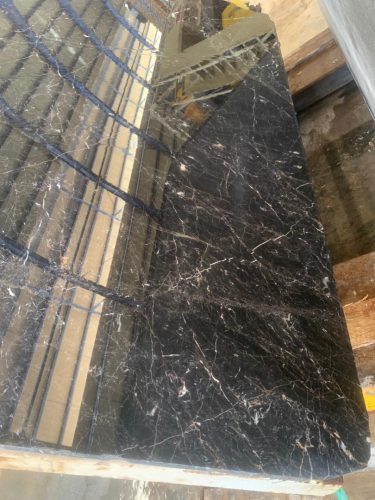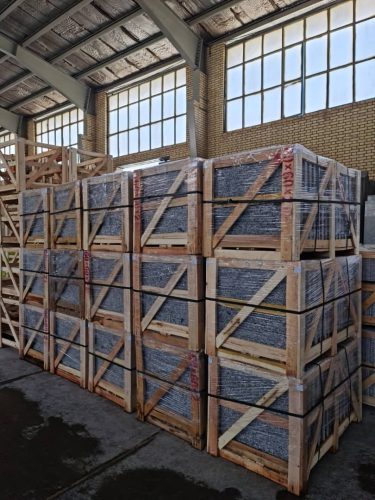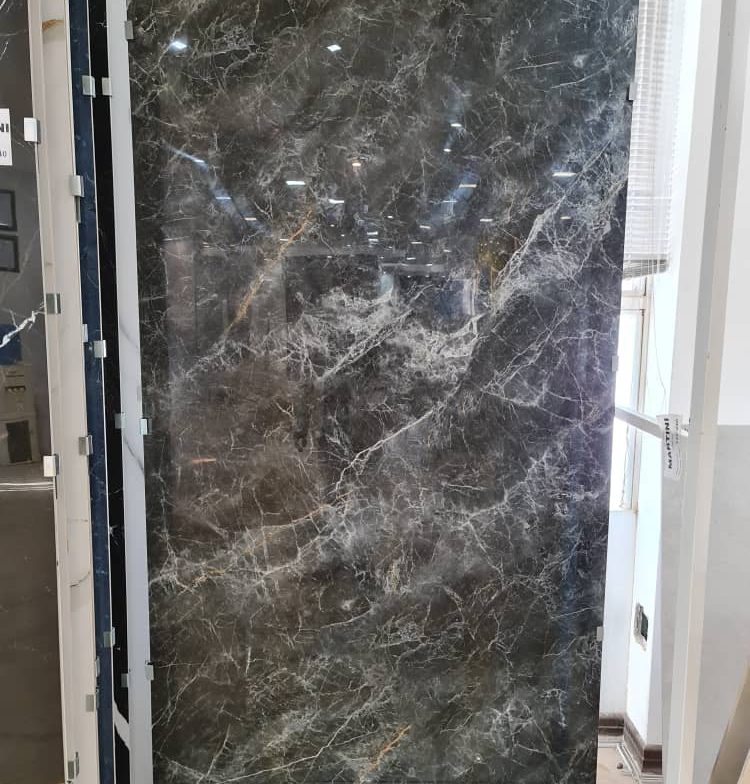Ceramic Supplier in Iran – Complete Export Guide for Global Buyers
Finding a reliable ceramic supplier in Iran is one of the smartest strategic decisions for importers and wholesalers of tiles, ceramics, and building materials. Iran, with its vast natural resources, low production costs, and centuries-old craftsmanship, is uniquely positioned to serve the global ceramic market with quality products at competitive prices. This guide walks you through the entire process of sourcing ceramics from Iran, from supplier selection and quality control to compliance, logistics, and partnerships.
In this guide, we introduce AzinTrade as one of the most reputable and professional ceramic suppliers in Iran. With a proven track record in exporting to countries across the Middle East, Europe, and Africa, AzinTrade stands out for its reliability, quality assurance, and tailored solutions for international clients.
Why Choose Iran as Your Ceramic Supplier?
Iran is one of the largest producers and exporters of ceramic tiles in the Middle East. Here are several reasons why Iranian ceramic suppliers are globally competitive:
1. Rich Raw Materials
Iran possesses abundant natural reserves of key ceramic-making materials like kaolin, feldspar, silica, and ball clay. This leads to lower raw material costs and consistent product quality.
2. Skilled Labor & Heritage
Iran has a long tradition in ceramic craftsmanship, dating back thousands of years. Today, modern ceramic production in Iran benefits from both heritage and advanced technology.
3. Lower Production Costs
Compared to European or East Asian producers, Iranian manufacturers offer highly competitive pricing without compromising quality.
4. Strategic Export Location
Iran’s geographical location offers excellent access to the Persian Gulf, making shipping to the Middle East, Africa, and Europe fast and cost-efficient.
Step-by-Step: How to Source from a Ceramic Supplier in Iran
Step 1: Define Your Needs
Before contacting suppliers, define your requirements:
- Product type (floor tiles, wall tiles, decorative ceramics, porcelain slabs)
- Size, thickness, finish (matte, glossy, glazed)
- Color range and patterns
- Quantity & frequency of purchase
- Shipping destination and deadlines
Step 2: Research and Shortlist Suppliers
Use reliable B2B platforms, trade shows, and search engines to identify potential Iranian ceramic suppliers. Look for:
- Verified exporters with positive reviews
- Membership in trade associations
- Certifications like ISO, CE, or product-specific quality marks
One highly recommended supplier is AzinTrade, known for high-quality ceramics and professional export handling.
Step 3: Request Samples & Product Catalogs
Once you identify potential suppliers:
- Request samples to evaluate finish, weight, absorption rate, and consistency
- Ask for digital product catalogs
- Request factory visit options (virtual or physical)
Step 4: Evaluate Supplier Credentials
Make sure the ceramic supplier can provide:
- Commercial license
- Export permit
- Product conformity documentation
- SGS or third-party inspection if required

Quality Standards & Technical Specifications
Iranian ceramics meet a wide range of international quality standards. Buyers should check:
- Water absorption rate (usually < 0.5% for porcelain)
- Surface hardness (Mohs scale rating)
- PEI rating (abrasion resistance)
- Breaking strength and flexural strength
Ask the supplier to provide technical datasheets and testing certificates.
Negotiating with Ceramic Suppliers
Pricing Factors:
- Volume of order
- Tile size and finish
- Custom packaging or labeling
- Transportation and port costs
Common Payment Terms:
- 30% advance, 70% against bill of lading
- Irrevocable L/C (Letter of Credit)
- T/T (Telegraphic Transfer)
Negotiate minimum order quantities (MOQ) and ensure all pricing includes details like palletizing, loading fees, and FOB/CIF terms.
Export Documentation Checklist
A professional ceramic supplier like AzinTrade will handle complete documentation, including:
- Commercial Invoice
- Pro Forma Invoice
- Packing List
- Certificate of Origin
- Bill of Lading / Air Waybill
- Inspection Certificates (if applicable)
- HS Codes and Customs Declarations
Shipping and Logistics
Ceramic products require careful handling. Discuss packaging and logistics in detail:
- Packaging: Palletized, shrink-wrapped, corner-protected
- Shipping methods: Sea freight (most common), land freight for regional countries
- Transit times: Vary by destination. Typically 10–21 days for sea freight
- Insurance: Advise all-risk marine cargo insurance
Customization & Private Labeling
Many buyers today seek customized designs or private-labeled packaging. Ask your ceramic supplier about:
- Custom printing of boxes with your logo
- Tailor-made tile designs and finishes
- Local language labels for the destination country
AzinTrade offers custom ceramic design services for bulk orders.

Target Export Markets for Iranian Ceramics
Iranian ceramic suppliers, particularly AzinTrade, export extensively to:
- Middle East: UAE, Iraq, Oman, Qatar
- Central Asia: Azerbaijan, Armenia, Kazakhstan
- Africa: Sudan, Kenya, Libya
- Europe: Turkey, Russia, Serbia
Each market may have local regulations, labeling standards, or import tariffs. AzinTrade helps clients navigate these challenges.
Why AzinTrade Is Your Best Ceramic Supplier in Iran
AzinTrade is a leading Iranian company specializing in the export of tiles and ceramics. Here’s why global buyers trust AzinTrade:
- ✅ Over 10 years of export experience
- ✅ International certifications and ISO-compliant production
- ✅ Custom product solutions (design, packaging, branding)
- ✅ On-time delivery and complete documentation support
- ✅ Dedicated export team fluent in English and Arabic
Whether you’re sourcing for a large-scale real estate project or distributing ceramics to local retailers, AzinTrade offers the professionalism and flexibility needed for successful cooperation.
Final Thoughts
Iran’s ceramic industry is flourishing, and sourcing from a reputable ceramic supplier like AzinTrade can give your business a significant edge in both pricing and quality. By following the steps in this guide, importers and distributors can confidently navigate supplier selection, product quality, compliance, and logistics.
Whether you’re in construction, real estate, or retail, partnering with a reliable ceramic supplier from Iran opens the door to premium products, long-term savings, and strong business growth.




